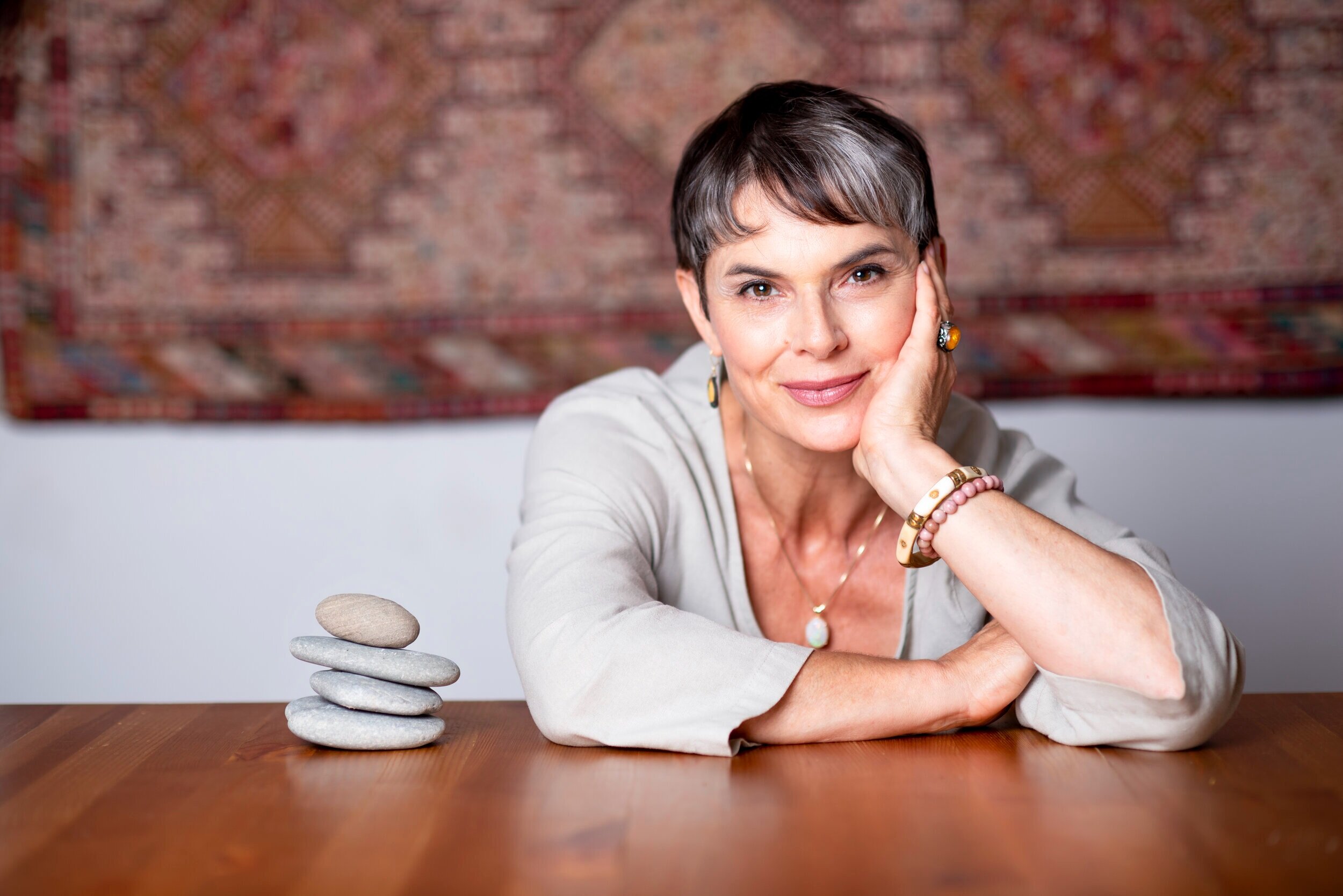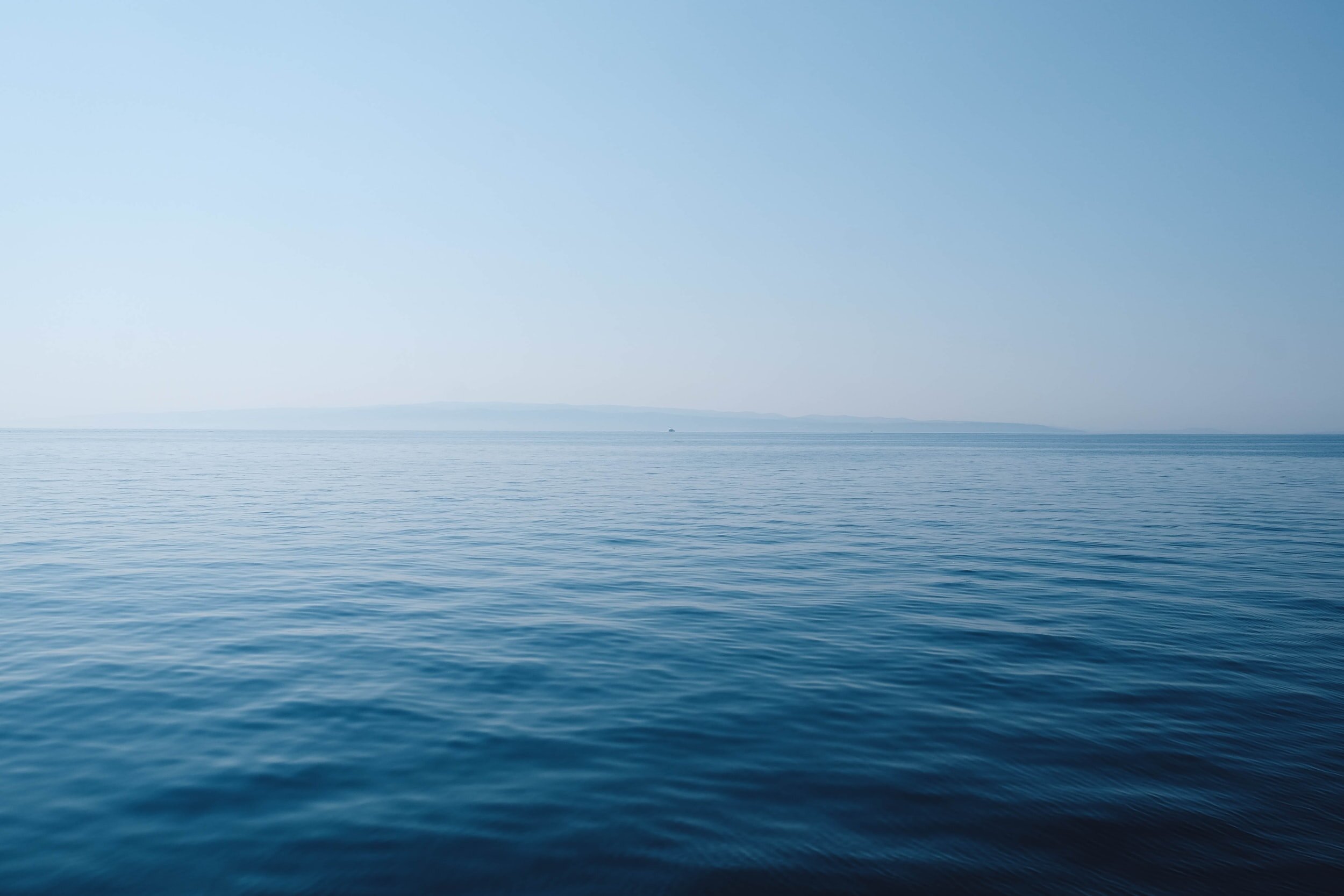
In these times, courage is necessary.
The writer Maya Angelou said that courage was the most important virtue because it made every other virtue possible. And, frankly, at this juncture in our collective history, mindful resistance and fierce joy also feel critical—she’s right that we need courage for those qualities too.
We can all learn to become more courageous—in love and work, in our communities, in this beautiful, wounded world. We can also embrace loving resistance and fierce joy as radical possibilities. (I know it ain’t easy! It’s been the work of my whole life, and I’m still just beginning.)
I’ve spent years learning from courageous people. Courageous people inhabit the books I write.
They are a lot like you and me. They aspire—and they ache. They’re angry and complicated, beautiful and flawed. I am always trying to be thoughtfully, lovingly courageous. It is hard work.
Courage isn’t perfection; nor is it the absence of fear.
Sometimes it’s just slowly and mindfully pulling in the next miraculous breath. And letting it go.
Sometimes the only place we’re courageous is inside, in our imaginations. The beginning of courage is always inside.
Our bodies are The Courage Room. Imagining what might be possible is key. (Remembering those little diamonds, sparks, of the happiness and the love we’ve known, the kindness and the pleasure—those memories also help a lot.)
We become our own courage experts by exploring, witnessing, reframing, even rewriting the stories of our lives.
As a long-time published author, I often reflect on the power of our creativity and story-telling minds when it comes to healing. Many of the folks I work with are creative, gifted, and highly sensitive.
I offer hypnosis & therapy one-on-one as well as something for groups: The Olive Grove Retreat on the Greek island of Lesvos. My in-person retreats in Greece take place twice a year: one for healing & creative play (in May) and one for writing (in October).
Please reach out to me here (at my email address karen@karenconnelly.ca) if you want to join us on retreat.
No matter how we may work and play together, I’ll meet you there, in The Courage Room.
Bon courage,
Karen Connelly
Work With Me One-on-One
psychoTherapy / Accelerated Clinical HypNosis
I’m a licensed psychotherapist and hypnotherapist, with a background in mentorship, creative coaching, and teaching. Learn more, and reach out for a free consultation, here.
This Journey Around The Courage Room
The word courage originally comes from word for heart--Latin cor and the Greek kar. In many cultures around the world, the heart is associated with emotional expression and personal truth. Corage migrated to English in the Middle Ages, where it came to mean any emotion in one’s heart-mind.
That’s right: any emotion, even ‘negative’ ones. Corage didn’t only mean ‘a brave heart’ and ‘fearlessness.’ It also meant a sad, wicked, prideful, jealous, pained heart. It meant everything that a human heart could contain!
And isn’t it that the truth? Even our hard, angry and fearful parts are the raw ingredients of courage. I know this from personal experience: those parts may be transformed. And we so often adopted those behaviours to survive, to somehow get through difficult life circumstances. Isn’t that so?
When people come to me for therapy or clincial hypnosis, the truth is that they bring in their solutions as much as their ‘problems.’ The self-destructive stuff people do sometimes has its roots in their attempts to make themselves feel better. This is part of the human puzzle; it’s also part of the way forward.
Many compulsive behaviours fall into that self-harming category. In the short term, these behaviours may feel soothing, an ideal escape. In the long term, they become problematic and no longer feel like an escape. I mean all sorts of different behaviours like overeating, addictions, disappearing/running away, sexually acting out. (The list is as varied as we are as individuals.) ‘Just giving in’ to keep the peace with abusive relatives, lovers, bosses is another self-harming behaviour meant to make life easier . . .These are or were ways of managing difficult problems. When these behaviours begin in childhood, they are often a matter of psychic and even physical survival.
If you’re interested in working with me one-on-one in therapy or hypnotherapy, read more here.
As we grow up—the process of a lifetime—we can learn, adopt and step into new skills for living. Just think about it: you’ve been learning your whole life.
Me, too. It’s what our brains are designed for: small and large change and new experiences.
In my twenties and thirties, the path to courage was writing & learning in other cultures (in Touch The Dragon . Some of my greatest teachers have been 1) an old Greek shepherd (in One Room in a Castle) 2) former political prisoners, refugees and Buddhist monks (Myanmar) (in The Lizard Cage, Burmese Lessons, The Border Surrounds Us ) desire and trauma (all of my books, in a way, but especially The Change Room, a more recent book about sexuality and hidden trauma 3) my complicated family (Grace and Poison, Come Cold River, and my book-in-progress).
In my later thirties and forties, so many of my writing students at both the graduate and undergraduate level were wrestling with and writing about traumatic family or political histories. My students were a great inspiration. Their courage, pain, and ability to create and to keep going, growing, making led me towards a new career in therapeutic practice. My own healing work at the personal level was a fundamental part of my training.
I became more conscious about courage as I shed relationships and ways of being that no longer reflected who I was. So my world and language changed again, though my countries—Canada and Greece—stayed the same this time. Over a period of six years, I retrained as a psychotherapist and hypnotherapist.
The languages of healing take a lifetime to learn. I continue to upgrade my skills, consult with colleagues and receive supervision from more established practitioners.
I love this ‘new’ work, which I’ve now been doing (in one form or another) for close to ten years. I share this journey with you because in the process of healing—or teaching, or writing—I recognize that we are fellow travellers in this life, no matter where we are.
The good news: neuroscience has finally caught up with ancient eastern meditation, breath, and body work in declaring that brain plasticity is far greater than previously imagined. We learn, change and reconnect throughout our lives.
If any of this resonates, you may want to work with me one-on-one, in my group programs, or explore my books (from your library or from an indie bookstore) or blog posts in other places on this site. Once a month, I also send out a newsletter called Courage Words, about words, stories and somatic practices that help us build our courage muscles . . . Feel free to sign up for my newsletter below.
In group, I often explore the intersection of creativity & healing in community in The Olive Grove Retreat (in October and May) and in The Courageous Writers’ Academy once a year. These are supportive group experiences (typically for non-therapy clients). If you’re interested in joining a group on retreat or in the CWA, reach out to me directly right here.
Onward, friend. You can do it.
What’s the next smallest thing you can do to step into the change you desire?


